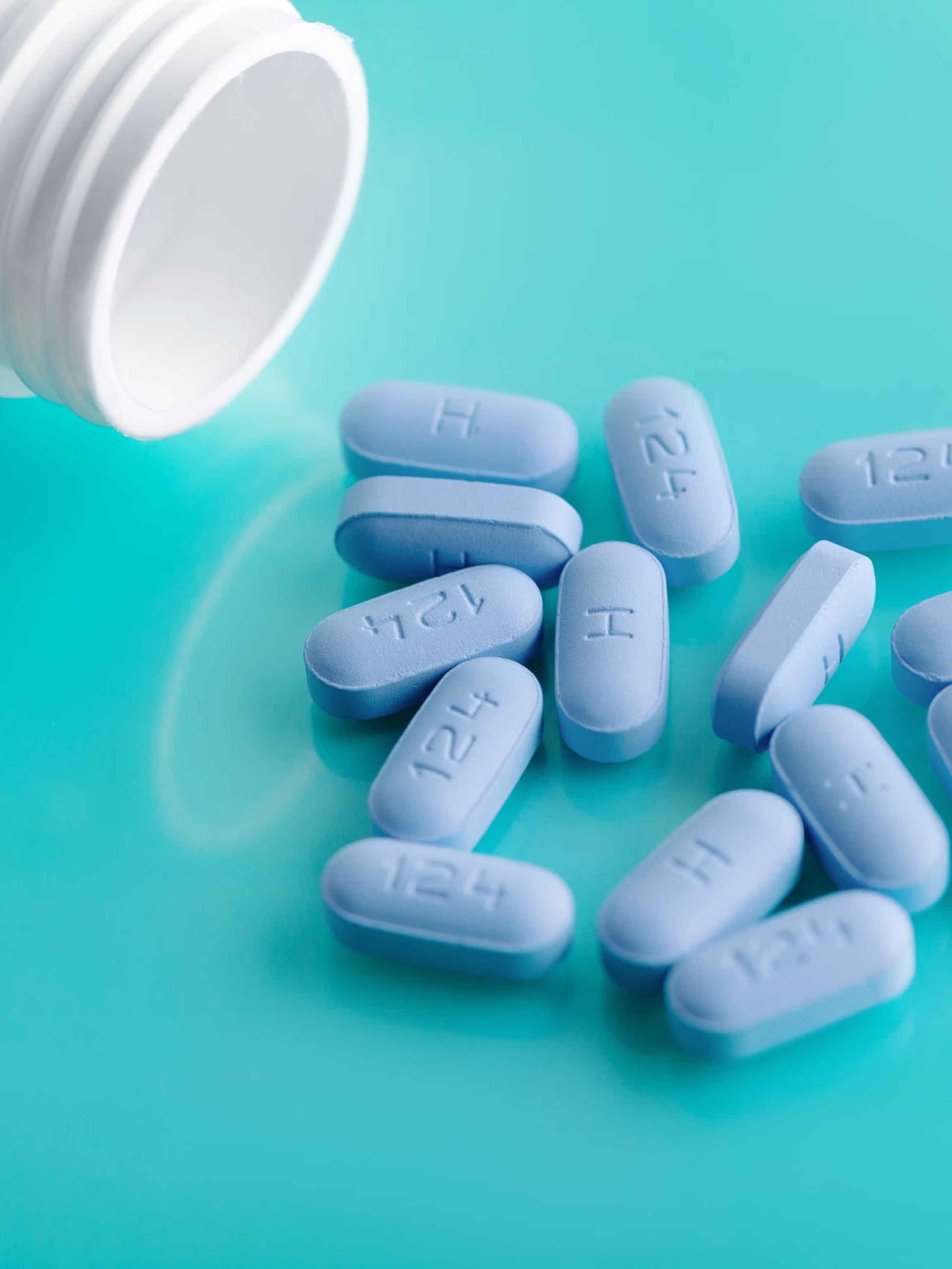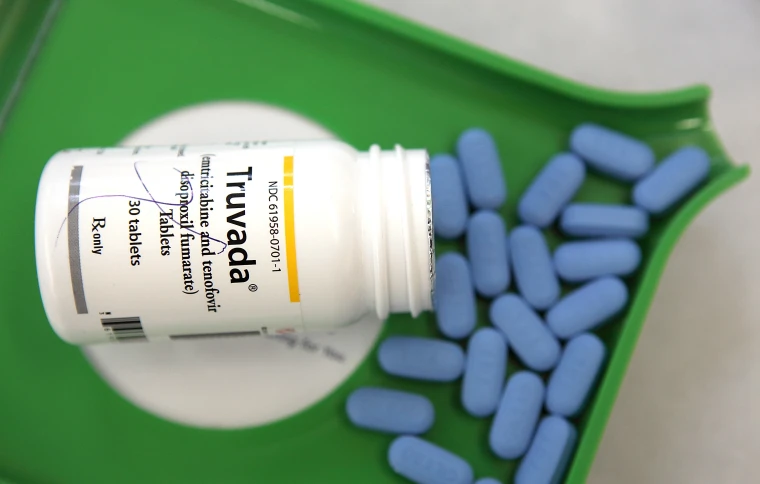An influential expert panel has issued its highest recommendation for an expanded array of H.I.V. prevention strategies for adults and adolescents, a decision that will mandate private insurers to cover these medications without a co-pay or deductible under the Affordable Care Act.
The recommendation comes at a time when the Biden administration is actively working to preserve the no-cost coverage of all preventive services under the A.C.A., following a Texas judge’s ruling that deemed the mandate unconstitutional.
The ruling specifically targeted medications approved for pre-exposure prophylaxis (PrEP) to prevent H.I.V., arguing that requiring coverage violated the religious rights of employers.
In its updated recommendations published in JAMA on Tuesday, the U.S. Preventive Services Task Force (USPSTF) gave its highest or “grade A” recommendation to three medications approved for PrEP.
The new guidelines expand on the previous endorsement of a single daily pill, Truvada or its generic equivalents, for PrEP. The task force now includes Descovy, another pill, and cabotegravir (marketed as Apretude), an injectable drug administered every two months.
While generic Truvada costs about $1 per day, the newer options may exceed $20,000 annually.
Approximately 1.2 million Americans live with H.I.V., and while effective medications have transformed its prognosis, it remains incurable for most, emphasizing the importance of preventing new cases as a public health priority.
In 2020, nearly 31,000 people acquired H.I.V., with almost 70 percent of these cases occurring among adolescents and adult men who have sex with men.
A 2018 study estimated that over 12 percent of men who have sex with men in the U.S. are living with H.I.V.
“We already do a really, really crummy job in our country of providing preventive services,” remarked Dr. Thomas Dobbs, from the University of Mississippi’s John D. Bower School of Population Health.
“If we don’t have no-cost access to some of the most essential preventive services, our poor health standing is only going to deteriorate.”
The updated guidelines recommend that clinicians routinely inquire about patients’ sexual and injection drug use history.
They should offer PrEP to anyone with an H.I.V.-positive sexual partner, a recent bacterial sexually transmitted infection, inconsistent condom use, a history of injecting drugs or a drug-injecting partner with H.I.V., or who engages in transactional sex, the task force advised.
In contrast, the Centers for Disease Control and Prevention (CDC) recommends that clinicians discuss PrEP with all sexually active adults and adolescents and prescribe it to those requesting it.
“It’s hard to discern who might be at risk, and sometimes those conversations are quite delicate,” noted Dr. Dobbs. “If people believe they need it, that’s sufficient for us to say yes.”
In June 2019, the task force initially recommended Truvada as the sole PrEP drug available at that time (now with generic versions).

Subsequently, in October 2019, the Food and Drug Administration approved Descovy, another daily pill for preventing H.I.V. in men and transgender women (its use in cisgender women is under study).
Descovy is considered safer than Truvada for individuals with kidney disease or osteoporosis.
In December 2021, the FDA authorized cabotegravir, an injectable long-acting shot, for PrEP use. Administered every two months, cabotegravir offers an alternative for those who cannot or choose not to take a daily pill for H.I.V. prevention.
In clinical trials, the injection appeared more effective than Truvada and its generics in preventing H.I.V.
To update their recommendations in 2019, the task force conducted a systematic review of 32 studies, most of which strongly supported the benefits of PrEP.
“While the task force can sometimes be slow-moving, they acted relatively quickly in updating this recommendation,” observed Amy Killelea, a consultant for the advocacy group PrEP4All. “Their new position aligns well with the current evidence base for PrEP.”
Additionally, studies have shown that cisgender men who have sex with men can use generic Truvada for “on-demand” PrEP, taking two pills 2 to 24 hours before sex, followed by one pill 24 hours after the initial dose and another 24 hours later.
The International AIDS Society and World Health Organization support this approach as effective.
Despite its benefits, adoption of PrEP has been slow due to various factors, including lack of awareness and reluctance to take daily pills.
It remains unclear whether insurance companies will impose obstacles to these new regimens, such as preferring generic Truvada as the primary preventive option and requiring prior authorization for other choices.
“Such prioritizations can create genuine barriers to having a choice,” cautioned Dr. Dobbs.
Clinicians also face the challenge of addressing significant racial disparities in PrEP usage.
In 2021, Black Americans accounted for about 40 percent of new H.I.V. diagnoses, yet only 11 percent of eligible Black individuals received PrEP, compared to 78 percent of eligible white individuals.
Furthermore, the task force’s recommendation does not alleviate access issues for uninsured individuals.
“We have a major access problem for uninsured people in this country, coupled with a growing health equity crisis,” remarked Ms. Killelea. “A federal national PrEP program could help resolve this issue.”
It’s important to note that while PrEP reduces the risk of H.I.V., it does not protect against other sexually transmitted infections.
Clinicians should educate patients on the importance of taking medications as prescribed, practicing safe sex—including condom use—and regularly testing for H.I.V. and other sexually transmitted diseases, the task force emphasized.
